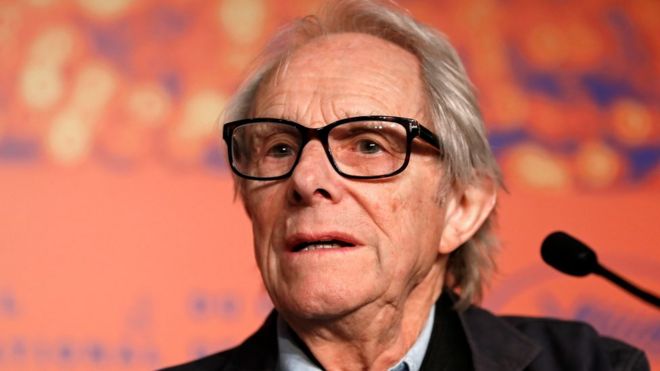Subject: Information overload and a poverty of imagination
The world in which you actually live when you visit to the shop or a walk down the high street reveals the exact opposite. People in my immediate world are on the whole singing from the same hymn sheet, there are differences, political differences, earnings related differences, hobby differences, music related and so on but in a benign, relatively secure society we all get along giving each other's preferences the green light even though we might not always see eye to eye.
The ambience of a place, and I'm sure this is true in most parts of the world which are not engaged in war, is the product of live and let live, where people recognise each other by their instinctive humanity towards each other and the equally instinctive need to get along, as much for our own piece of mind, as anything else.
Of course the television tells us something different, the screens are full of killing, Iraq, India, the USA, or emotional stories of children co-opted into domestic slavery, or worse, out of control bush fires caused it is suggested by climate change, epidemics which kill in the thousands, drug related gun fights in Mexico, the list is endless. But in all these crisis points, as the camera seeks out the worst, just to one side, perhaps in another street life is unaffected and people do what they do best, get on with one another.
I was watching an interesting program on Al Jazeera where in front of an audience Ken Loach the British film maker and Edouard Louis the young French writer who had undergone a violent childhood and then in 2012 as an 18 year old was raped and almost killed in his flat. For both men the story of violence has been a passion, Loach through his grainy films depicting the violence of the political system and its effects on the poor and Louis in his upbringing as a Gay man fighting against homophobic prejudice.
For both men the world is not a world of live and let live, of assimilation but a crusade to change opinion and political awareness.
It's tremendously instructive to be allowed an insight into that dark world, to be instructed on how it is to be disconnected from those very things which make us not only citizens but assume the integrity we assume is all around.
Of course poverty these days is a different concept to when I was growing up. The people who made up the society I knew were not unhappy with their lot, with no Twitter feed or smartphone it was the only world they knew. They were happy in the simple conformity around them, as children, the fields to roam in and as adults the simplicity of their lives, was a strength not a weakness. Credit cards had not been invented to encourage you to spend what you hadn't earned. Television was in its infancy with no adverts to create the allusions which have swollen into today's consumerist society.
This is not to make light of the real poverty in such places as Glasgow or the East End of London but the poverty of 'not having things' never occurred to us so long as there was sufficient food on the table, the rest was a shared experience.
Today we have a poverty of imagination, the inability to make out what is good and what is worthless. We can't see the wood for the trees as the saying goes and until we do we will continue to be poor, irrespective of how much we earn.

No comments:
Post a Comment